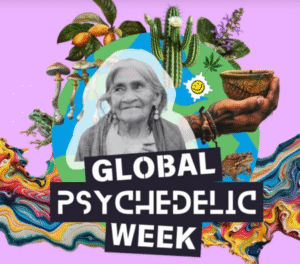ps on Cannabis and Mental Health – First Nations, Inuit, and Métis
Closing Research Gaps on Cannabis and Mental Health – First Nations, Inuit, and Métis
From The Mental Health Commission of Canada August 15 2024
Over the past five years, the MHCC has led a pan-Canadian research program to assess the impact of cannabis legalization and use on the mental health of diverse populations. This document synthesizes key themes that emerged from seven studies led by Indigenous organizations and communities exploring the relationship between cannabis and mental health among First Nations, Inuit, and Métis peoples in Canada.
Note: Beyond this synthesis, perceptions about cannabis and mental health vary across Indigenous communities, who possess distinct cultural beliefs and practices, language, and traditional knowledge, and live within unique historical, geographical, and socio-economic contexts.
Key findings:
- Perspectives on cannabis and its impact remain mixed.
- Many health priorities remain, including redressing health-care inequities.
- Cannabis use is intimately tied to past and present colonial impacts.
- Legalization has prompted unique governance issues.
- Cannabis has the potential to reduce harm.
- Connection to Métis culture and identity is essential.
- There is a strong case for self-determination and self-governance for Métis health-care, economies, and legalization.
Interested in the other reports in this series? Find them here!







Comments are closed.